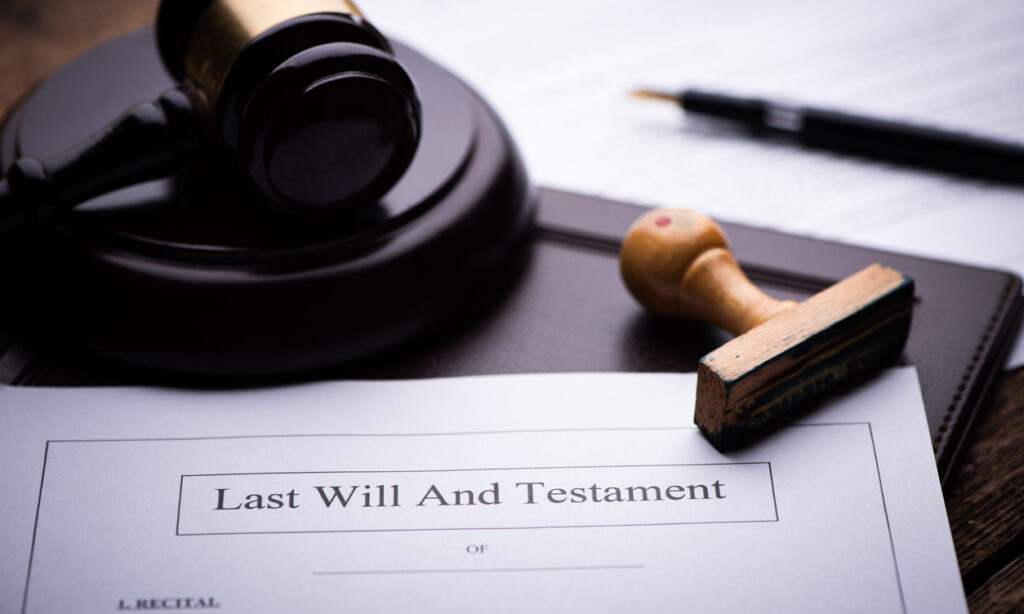Lack of charging clause in a will meant a senior solicitor was unable to charge costs for acting as executor
Shepard & Co Solicitors v Brealey [2022] EWHC 3229
Background
This case is an appeal against the judgment made by Master Rowley in the Senior Courts Costs Office laid down in late 2021. The Master held that Mr Shepard, a solicitor acting as executor of the estate of Mrs Ann Brealey, was not entitled to reimburse himself for tens of thousands of pounds of fees incurred while carrying out work in his capacity as executor. The will contained no charging clause. Therefore it fell on Mr Shepard to justify reimbursement of his costs.
However, the court did not allow Mr Shepard to claim his costs and held that:
- The absence of a charging clause under the will was deliberate – the testator did not expect that executors would charge for their services;
- The beneficiaries had not expressed their agreement for the executor to charge fees
- The solicitors fees as executor had not been approved by the other executors within the terms of sections 28 and 29 of the Trustee Act 2000; and
- In terms of being reimbursed for executing a fiduciary duty, as in Boardman v Phipps [1996], there was not enough material made available to the court. Therefore the court said it could not exercise its powers to authorise the reimbursement of personal representatives in circumstances where it would be inequitable for the beneficiaries to benefit from their skill and labour without paying for it.
Mr Shepard appealed the decision.
Outcome
The judge hearing this appeal, Mr Justice Cavanagh, dismissed the appeal. The court upheld Master Rowley’s judgment and confirmed that, in the absence of a charging clause or express agreement from the beneficiaries, the only route for Mr Shepard to be entitled to his fees is by sections 28 and 29 of the Trustee Act 2000 or the Boardman Jurisdiction. There was no majority agreement from executors, given as there was only one other executor appointed, so approval had not been obtained in accordance with provisions of the Trustee Act 2000. The court further explained that the threshold to exercise its jurisdiction as laid out in Boardman was high, and in the absence of detailed evidence, this threshold was not met.
What does this mean for charities?
If a solicitor who acts for an executor in a personal capacity seeks reimbursement for their professional fees, charity beneficiaries should ensure that the deceased’s will contains a charging clause, which entitles them to do so. In the absence of such a clause, charity beneficiaries should query the executors’ entitlement to professional fees and seek independent legal advice.




